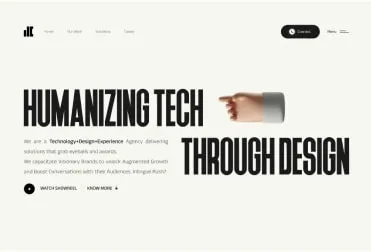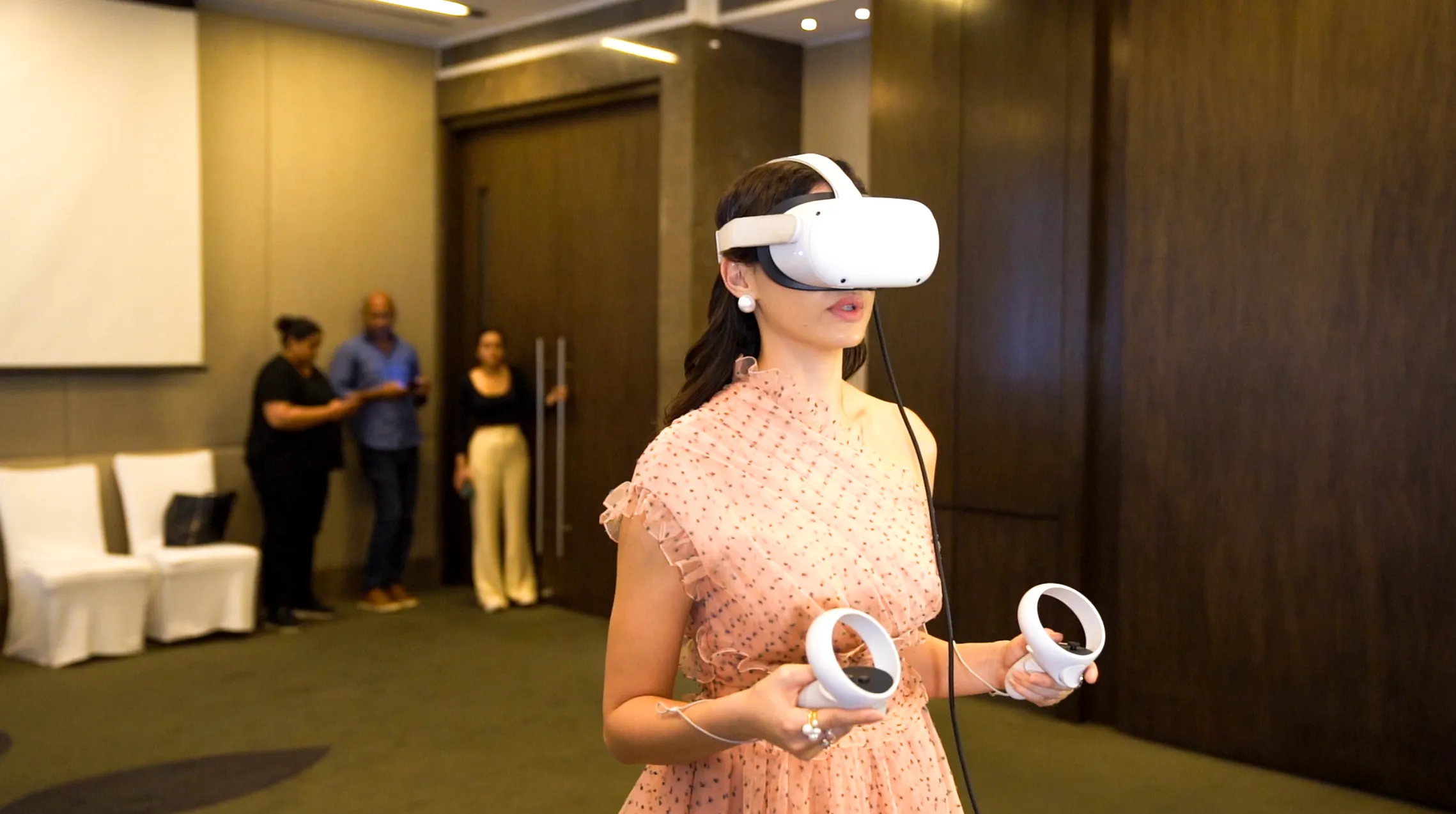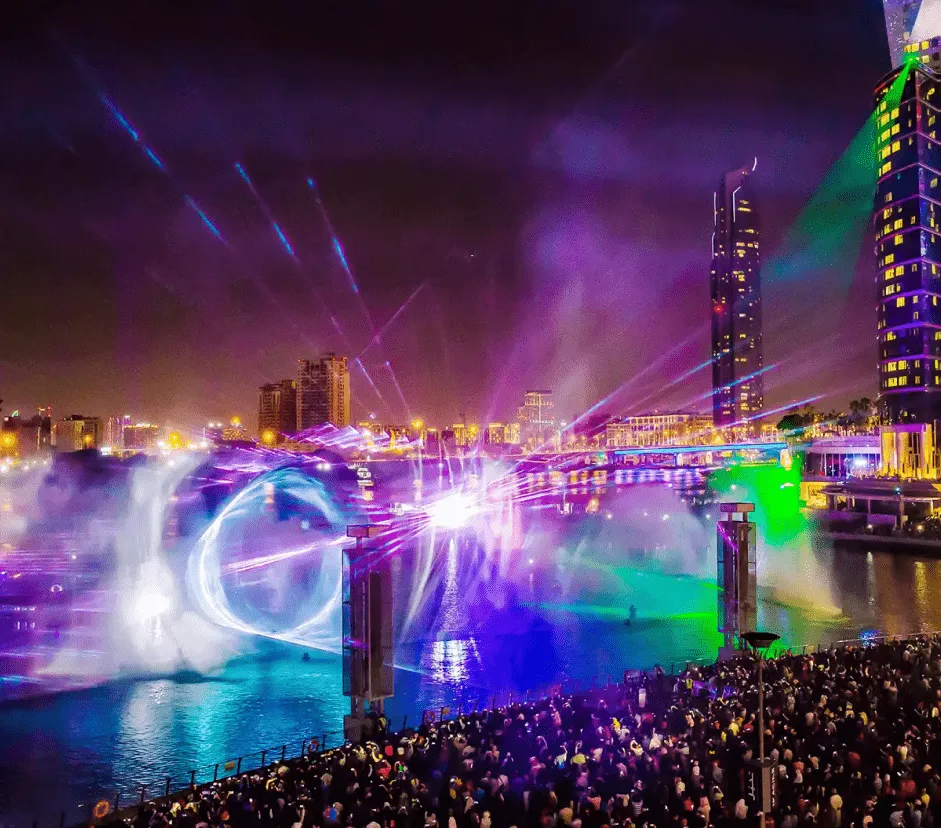Virtual Experiential Marketing: Using Technology to Elevate Brand Engagement

It highlights the possibilities of virtual experiential marketing in the constantly changing marketing landscape by examining its advantages, strategies, and benefits. Virtual experiential marketing is an effective strategy that helps businesses build immersive brand experiences and increase brand engagement.
Understanding Virtual Experiential Marketing
Virtual experiential marketing utilizes digital platforms to create immersive, interactive brand experiences, surpassing traditional methods by incorporating elements that engage multiple senses, resulting in memorable and impactful interactions with consumers.
The Role of Technology
At the heart of virtual experiential marketing is cutting-edge technology. Virtual reality (VR), augmented reality (AR), and 360-degree video are among the tools that enable brands to transport consumers to virtual realms where they can actively participate in the brand narrative.
Enhancing Customer Engagement
In the digital age, capturing and maintaining consumer attention is no easy feat. Virtual experiential marketing addresses this challenge head-on by creating experiences that captivate and resonate with the audience.
Interactive Storytelling
One of the primary strengths of virtual experiential marketing lies in its ability to tell compelling stories. By incorporating interactive elements, brands can actively involve consumers in the narrative, fostering a deeper emotional connection.
Personalized Experiences
Tailoring experiences to individual preferences is a game-changer in modern marketing. Virtual experiential marketing allows brands to create personalized encounters, making consumers feel seen and valued.
Key Strategies for Success
While the concept of virtual experiential marketing is exciting, successful implementation requires a thoughtful approach. Here are some key strategies to ensure your virtual campaigns stand out:
Strategic Use of Keywords
Incorporating relevant keywords in your virtual experiential content is crucial for search engine visibility. Conduct thorough keyword research to understand what your target audience is searching for and integrate these keywords seamlessly into your content.
Optimizing for Mobile Devices
Given the prevalence of mobile usage, optimizing virtual experiential content for mobile platforms is non-negotiable. Ensure that your immersive experiences are accessible and perform seamlessly on a variety of devices.
Measuring Success and Analytics
Tracking the effectiveness of virtual experiential marketing campaigns is essential for refining future strategies. Utilize analytics tools to gather insights into user engagement, time spent on virtual experiences, and conversion rates.
Conclusion
Virtual experiential marketing is a strategic approach to brand engagement in the digital age, utilizing technology and strategic tactics to create immersive experiences that capture consumer attention and foster lasting connections. As the marketing landscape evolves, embracing this approach is not just a choice but a strategic imperative for brands to stay competitive.
Contact Us Now:






.CNhas5IL_ZqBJiz.webp)


















